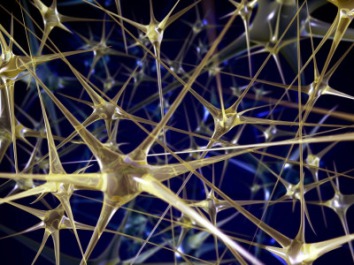Adenosine A1 receptors and Pain Relieving Effects of Acupuncture
Recent research has shown some of the biological explanations of how acupuncture affects the body. One affect is that of Adenosine.
Adenosine is a neuromodulator that reduces sensitivity to painful stimuli. It was shown to be released during acupuncture treatment (in mice). When an adenosine A1 receptor was artificially
stimulated by injecting a chemical that mimics adenosin, it replicated the pain relieving effects of acupuncture. Also, when a chemical that inhibited enzymes that degrade adenosine was introduced,
the clinical benefit of acupuncture was prolonged.
Therefore, Adenosine which is caused to be released during acupuncture, is a possible explanation of the pain relieving benefits of Acupuncture.
Acupuncture and Traditional Chinese Medicine (TCM) uses a wholistic ideology, taking into account many factors for diagnosis and treatment of many health conditions. Even though TCM does not use the
reductive methods that pervade modern research, it is beneficial to know some of the possible physiological explanations of how TCM affects the body.
Reference
Goldman N, Chen M, Fujitai T et al. Adenosine A1 receptors mediate local anti-nociceptive effects of acupuncture. Nature Neuroscience. 2010 July; 13(7):883-8

